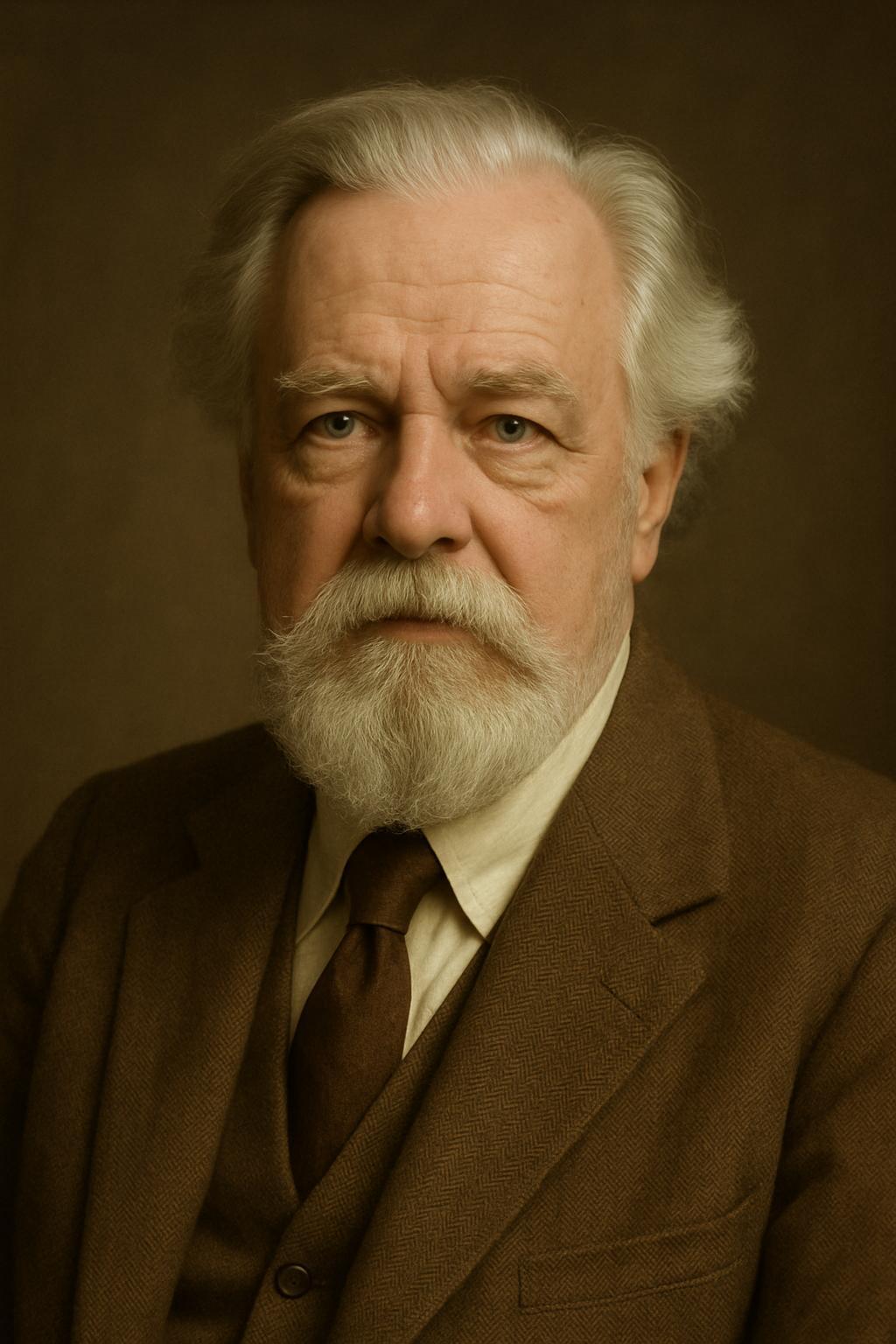
Wednesday, July 23, 2025
The eye sees only what the mind is prepared to comprehend.

How much of the world do we actually see, and how much do we simply interpret based on our past experiences, beliefs, and expectations?
This powerful quote by Canadian novelist and intellectual Robertson Davies taps into the very nature of human perception. At a glance, it’s about vision — but at its core, it’s a commentary on how the mind filters reality.
🔍 What Does the Quote Really Mean?
“The eye sees only what the mind is prepared to comprehend.”
This isn’t just a poetic observation — it’s a fundamental truth about how we interact with the world.
Our perception is not objective. It’s shaped by our knowledge, beliefs, cultural background, past experiences, and even emotional state. Two people can observe the same situation and come away with entirely different conclusions — not because they saw something different with their eyes, but because their minds were prepared to comprehend different things.
This quote reminds us that:
We see what we’re ready to see.
Our minds filter information based on familiarity, prior learning, and comfort zones. If something doesn’t fit within our existing mental framework, we might not notice it at all — or we’ll misinterpret it.Bias creates blind spots.
If your mind is filled with assumptions, stereotypes, or fears, your perception will reflect those filters. What we fail to question, we often fail to see clearly.Learning expands perception.
When we open our minds — through reading, reflection, conversation, and travel — we expand what we’re able to comprehend. And with that expansion comes a richer, more accurate understanding of reality.
🧠 The Psychology Behind It
Modern psychology backs up Davies’ insight. The concept of selective attention explains how our brains prioritize certain pieces of information while ignoring others. Think of the famous “invisible gorilla” experiment — participants so focused on counting basketball passes that they miss someone in a gorilla suit walking right through the scene. The eye was working fine — the mind just wasn’t prepared to comprehend it.
Similarly, confirmation bias causes us to only notice information that supports our current beliefs. Even our most sincere attempts at observation can be skewed by what we expect — or want — to see.
📚 Want to See More Clearly? Start with These Resources
If you want to deepen your understanding of this quote and expand your mental filters, here’s a curated list of resources:
Books
Thinking, Fast and Slow by Daniel Kahneman
Mindset: The New Psychology of Success by Carol S. Dweck
The Invisible Gorilla by Christopher Chabris & Daniel Simons
The Doors of Perception by Aldous Huxley
An Introduction to Jung’s Psychology by Frieda Fordham
Articles & Reference Links
On Robertson Davies
The Deptford Trilogy – A great starting point to explore Davies’ work and psychological themes.
Videos
🪞 Final Reflection: How to Expand What You "See"
Robertson Davies' quote isn't a critique — it’s an invitation. If we want to experience more of life, understand people better, and grow as individuals, we must invest in our inner world.
Every new idea you explore, every assumption you challenge, every perspective you consider — it's like cleaning the lens through which you view life. A broader mind makes for sharper eyes.
So the next time you find yourself saying, “I just don’t see it,” ask yourself:
Is it really invisible — or am I just not ready to understand it yet?

